As #BlackLivesMatter and the LGBTQ+ communities continue to highlight the importance of equality, diversity and inclusion around the world, we turn to leading educationalist Dr Aaron Bradbury-Coffey, to explore the current position practitioners take when working with children in the early years.
It is important to note that equality, diversity and inclusive practice isn’t anything new in the early years.
Are we skating over the most important human right? Is it time we took that step back to question our values, our standing and ultimately our practice with the children in our care? The early years is a key time in every child’s development. Children are influenced by their environment and the adults around them. They learn from everything that they hear, see and do. More importantly, these actions shape how children see themselves and others as they develop and grow.
Inclusive practice is the active stance of not leaving anyone out in regards to opportunities, their circumstances and their rights to good quality education. Equality speaks to every person; man, woman or child being a member of the human race and therefore equal in that sense. Diversity respects children and families as individuals and works with the uniqueness of each and every one of them.
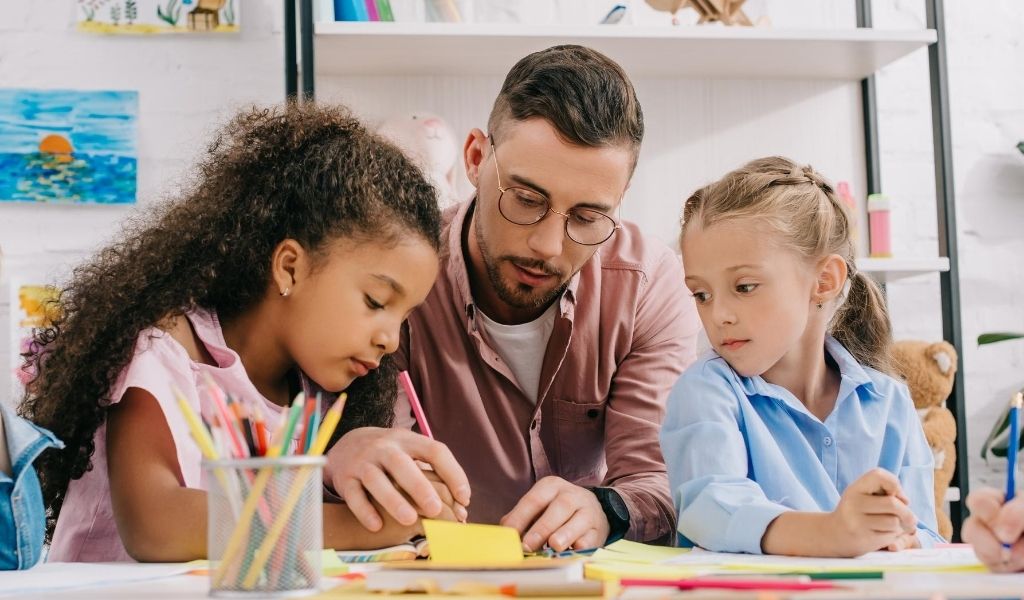
For me, it has taken a tremendous amount of thinking, reflecting and initially reaching out to my colleagues for feedback on my actions. What I mean by this is, I was open for critique and challenge to allow me to manage any unconscious bias I may have. Everyone plays their part when it comes to the influence of child development and shaping the hearts and minds of our children.
During the very earliest stages of child development, babies and children’s attitudes and their dispositions are being shaped by their surroundings, the interactions that they have and the experiences that they receive. Children are developing a sense of self, a sense of others, and are forming assumptions and even prejudices. We have to be mindful to offer an environment that supports positive representation within our society.
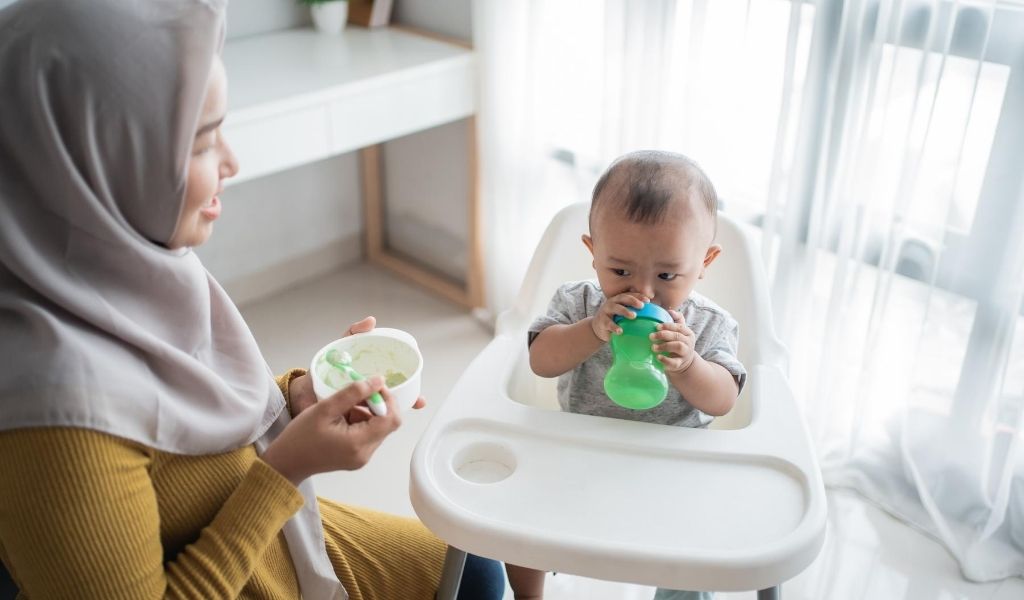
Let’s explore what these assumptions and prejudices could be
These are some of the main issues we face in our society amongst others like ageism, sizeism and colourism. Early years practitioners form the early years workforce, without them we wouldn’t have care and early education as a staple of our society. We, as early years educators, have the power to teach children the things that we may not have experienced when we were children ourselves.
This is where the role of an early years practitioner intersects with the real world to make a real and purposeful difference to the lives of each and every child. Times are changing and it has become our moral duty to advocate for the oppressed in our society. These are children and families who are born the way that they are, because that is how they were born. For example, with a disability, the colour of their skin, whether you have LGBTQIA parents or carers, even if you are born into a social system of deprivation. What we do speaks more loudly than the words that we say.
“How we behave says a lot more than what we say, but it is the actions we take that can have the bigger impact for our children…”
(Dr Valerie Daniel, 2020)
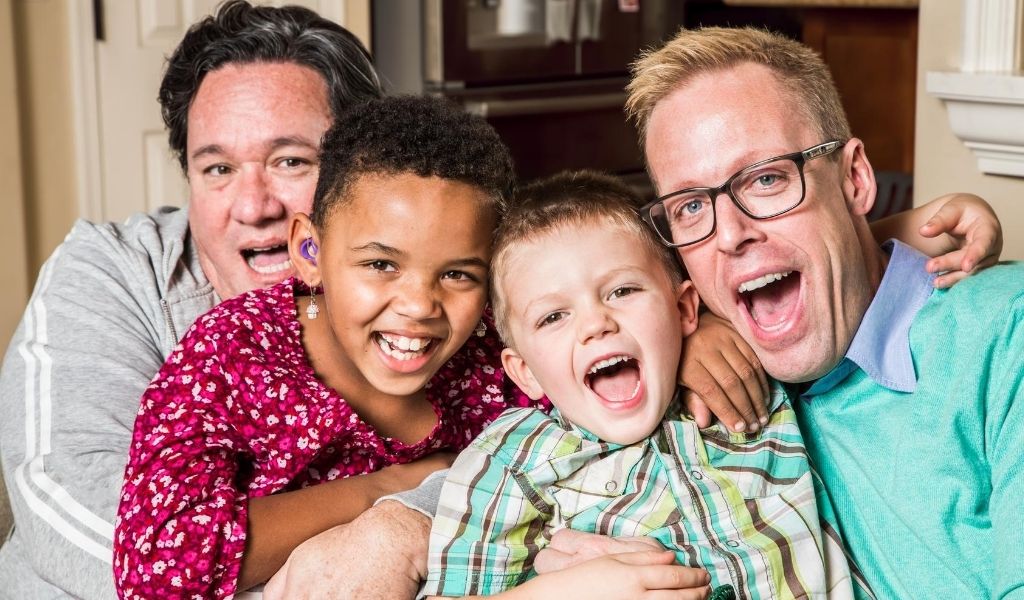
Ultimately, we all have a duty to do this for children, but also support an educative and safe environment where learning can take place with our colleagues so we further enhance the practice of questioning your own biases, assumptions and values.
It is important that you enhance your practice with the tools to create an inclusive setting, one that meets the legal requirements of the EYFS and more importantly the moral duties of making sure that we are giving children a balanced viewpoint in all that we are doing. You don’t need to be an expert in diversity, but we do need to make sure that we stay informed.
In settings where every child’s individuality is celebrated and supported, where there are warm, nurturing and secure relationships, children are forming a strong balance with others. Where children are offered a safe, well-resourced environment there will be an opportunity for meaningful learning to take place. The Characteristics of Effective Learning, which focus on how children learn rather than what they learn, supports children to be set up to become resilient, curious and adventurous learners for life.
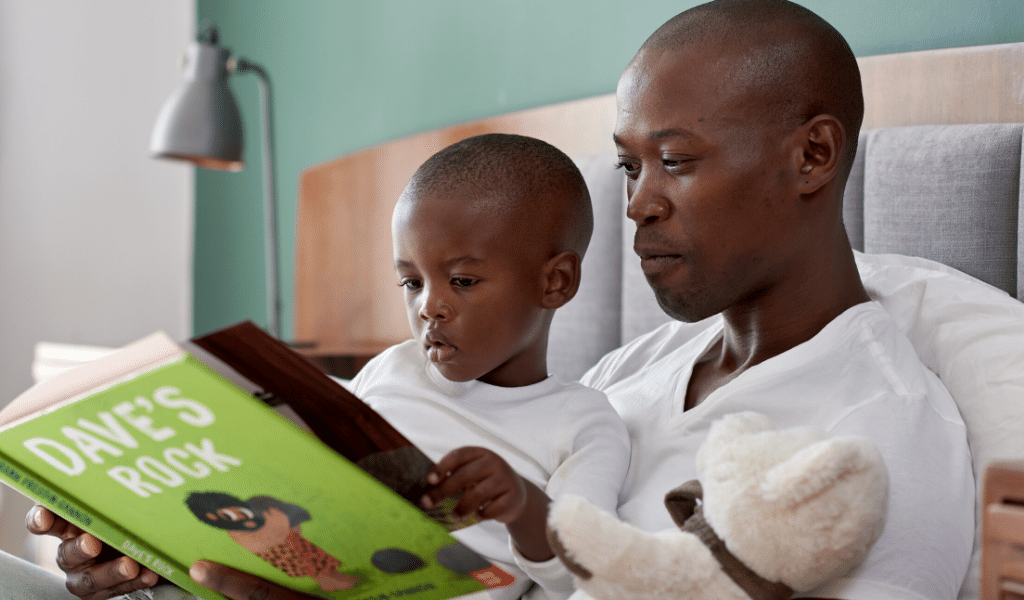 A child’s brain is only starting to form at birth but develops rapidly by the time they are five. This development is dependent on the influences around them. The connections that are made from birth between the brain’s cells shape physical, intellectual, social and emotional development. The more an experience is repeated, the stronger the connection that is made in the brain. Celebrating difference at a time when habits and attitudes are forming helps to prevent children from developing prejudices as they grow up.
A child’s brain is only starting to form at birth but develops rapidly by the time they are five. This development is dependent on the influences around them. The connections that are made from birth between the brain’s cells shape physical, intellectual, social and emotional development. The more an experience is repeated, the stronger the connection that is made in the brain. Celebrating difference at a time when habits and attitudes are forming helps to prevent children from developing prejudices as they grow up.
So my last thought to you is, imagine if we didn’t give children an opportunity to learn about themselves and others within their society. Is it possible we could be stifling and blocking brain development, dumbing down the intellectual stimuli, curbing the social and emotional connections where by experience from learning, seeing, doing and feeling contributes to their opportunities to learn? For me, this is why, when we say child-centred practice, diversity, inclusion and equality, shouldn’t be a tick box: it should be a meaningful approach to support the holistic development of the child.
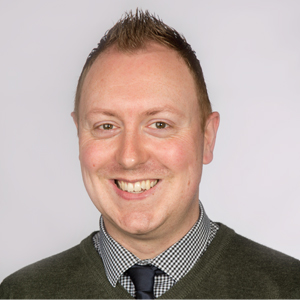
About the author
Aaron Bradbury-Coffey is a leading light in early childhood academia. Currently Principal Lecturer for Childhood and Early Years at Nottingham Trent University, he is also the Co-Chair of the Early Years Academy and the Steering Group Chair for the newly formed LGBTQIA Early Years. He is passionate about leading and delivering positive outcomes for the early years sector.